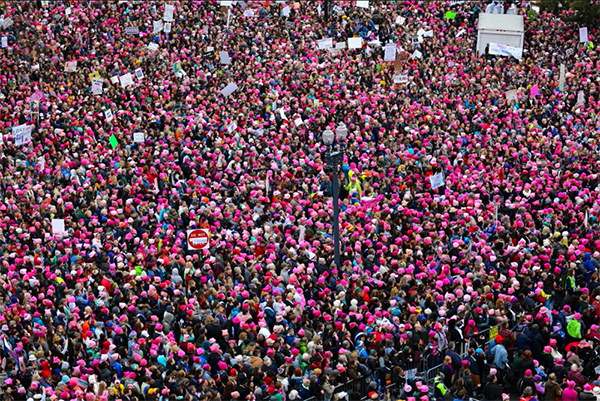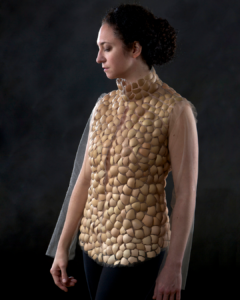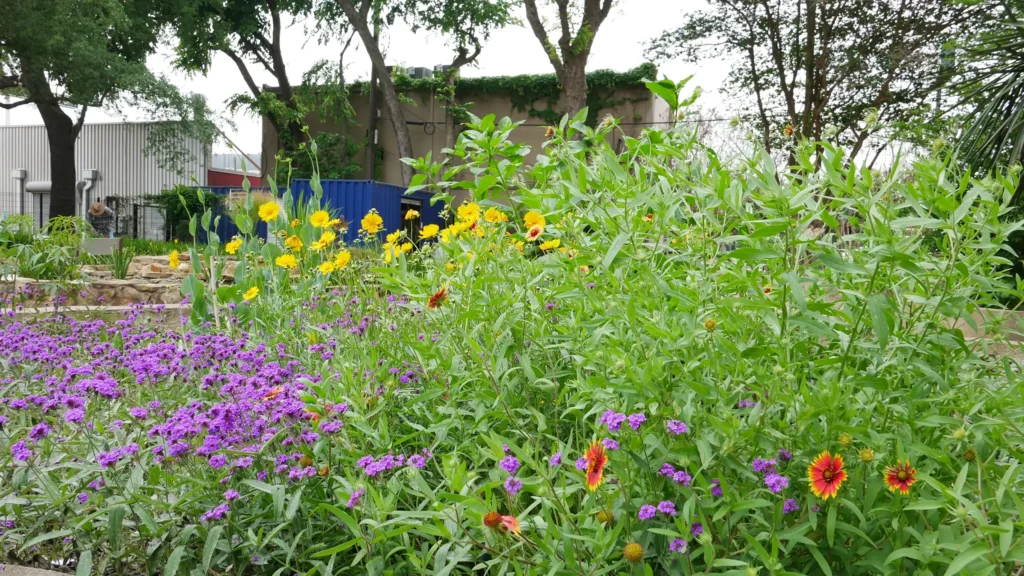
Image found on Twitter: @rmayersinger.
Keeping up with current events, it was impossible to miss the millions who participated in the Women’s March on Washington D.C. and the sister marches organized around the globe. Also impossible to ignore was the role that craft played in the community building and optics of the historic protests through a march partner organization, the Pussyhat Project. Organized and spread online and through social media, the Pussyhat Project sought to create a unique visual statement for the march–both creating a field of pink that united individual protesters and offering a way to participate and support by those who could not physically join in the march but volunteered to knit and crochet hats.
Craft has long been employed in support of activism and protest in the United States. It plays a part even in the narrative we tell about the founding of our nation; colonial women organized spinning bees and domestic production of homespun cloth in protest of the importation and taxation of British cloth and other goods. Charity quilts and quilting bees, frequently held in small communities, supported individuals, families, and organizations for much of our history. And, in 1987, the AIDS Memorial Quilt, begun three years earlier and consisting of nearly 48,000 three-by-six-foot panels sewn in memory of those lost to the disease, was first displayed on the National Mall and has since become among the most powerful and enduring of craft-facilitated community projects.
The AIDS Memorial Quilt, the Pussyhat Project, and acts of craft activism large and small are examples of how making serves as a powerful tool in service of community and communication. The impact is proportional not to the skill or prestige of the maker, but an amplification of the time and dedication by participants.
Only a month into the year, and 2017 is proving to be as tumultuous as predicted. Our new exhibitions opening this month, in particular United by Hand: Work and Service by Drew Cameron, Alicia Dietz, and Ehren Tool and its associated programming and workshops, emphasize the place of craft at the center of difficult and often contentious dialogue about our civic responsibilities. I hope you will join us here at HCCC and add your voice to the conversation.
— Perry A. Price, Executive Director


